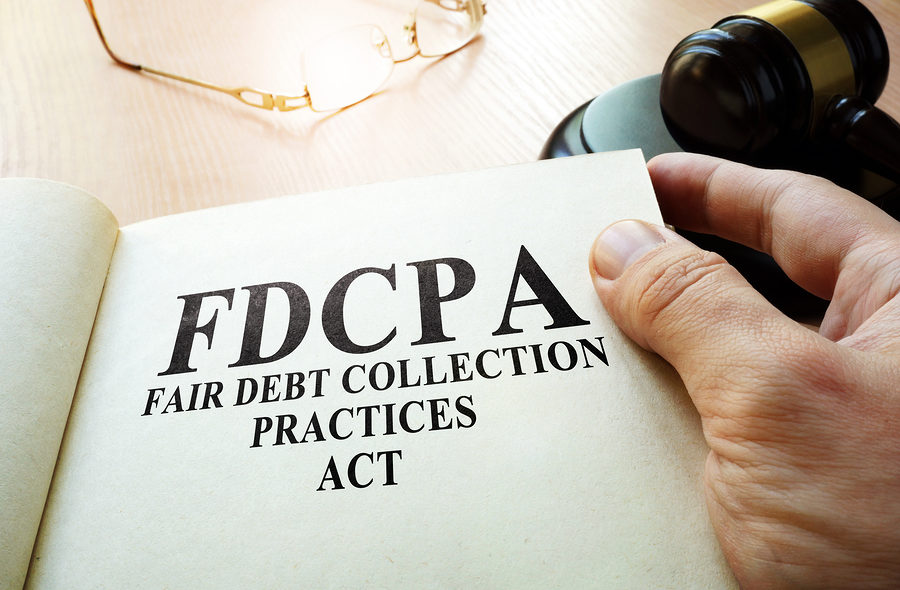Debt collectors will do just about anything to get a consumer to pay on a debt, their job depends on it. This can even include the collection of old debts that are past the statute of limitations. According to recent figures from the Consumer Financial Protection Bureau (CFPB), in conjunction with a complaint database through consumer advocacy group, U.S. PIRG Education Fund, 44 percent of all complaints against debt collectors have to do with attempts to collect on a debt that is not even owed by the person receiving the call.
The problem is many consumers are not aware that they do not owe on the debt, and they are not fully aware of their legal rights when it comes to debt collections. Under the Fair Debt Collection Practices Act (FDCPA), third-party debt collectors are limited in how many times a day they can call consumers, as well as the type of communication and language they may use while collecting on the debt. If the communication constitutes harassment, the consumer has the right to ask the debt collector to stop contacting him or her, and file a lawsuit against the collection agency.
Consumers also have the right to request validation of the debt from the collector. If a consumer needs to dispute a debt, the CFPB recommends that he or she put this request in writing and send it via certified mail to the collector. Verification of the debt will include the name and address of the original creditor, or it could also be a copy of the court judgment saying that the person owes the debt.
Consumers have 30 days from the date the validation of the debt is given to dispute the amount owed. If the consumer requests proof of the debt and does nothing after this proof is provided, the debt collector will assume that the debt is valid. Many consumers are simply not aware that they have the right to request this proof and dispute it if the debt does not belong to him or her.
If it is discovered that the consumer does not actually owe the debt, he or she can dispute it. The debt could be on the person’s credit report due to identity theft. Debt collectors may not always believe the consumer who says that he or she does not owe a debt, but if proof can be provided to that effect, the consumer may be successful in stopping the collection.
Other times, it can be a matter of mistaken identity. If the consumer who is being contacted has the same or similar name with another person who owes the debt, he or she can dispute the debt so long as proof can be given.
If the consumer tells the debt collector in writing to stop contacting him or her, the debt collection company must stop communicating with the consumer. Stopping communication does not mean that the debt collector cannot continue pursuing payment on the debt through legal channels. The worst thing that a consumer can do is to ignore a lawsuit if the debt collector files one, especially if the debt does not belong to him or her. All that will result is a default judgment against the consumer, which can be even harder to fight.
If the debt collector does not stop contacting the consumer, he or she can sue the debt collector or submit a complaint to the CFPB. At the very least, the consumer needs to contact an FDCPA attorney who can advise him or her on how to proceed.
Please click here to learn more.
If you have questions on this topic or are in financial crisis and considering filing for bankruptcy, contact an experienced Miami bankruptcy attorney who can advise you of all of your options. As an experienced CPA as well as a proven bankruptcy lawyer, Timothy Kingcade knows how to help clients take full advantage of the bankruptcy laws to protect their assets and get successful results. Since 1996 Kingcade Garcia McMaken has been helping people from all walks of life build a better tomorrow. Our attorneys’ help thousands of people every year take advantage of their rights under bankruptcy protection to restart, rebuild and recover. The day you hire our firm, we will contact your creditors to stop the harassment. You can also find useful consumer information on the Kingcade Garcia McMaken website at www.miamibankruptcy.com.


